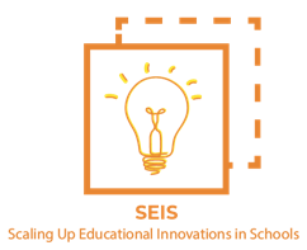Tallinn University in collaboration with the SEIS project team is going to virtually host a mLearn2021 conference on October 6th and 7th. The keynote speeches will be given by Mohammad Khalil (Title: Harnessing Learning Analytics with Mobile Learning: Opportunities and Challenges) from University of Bergen and Teemu Leinonen (Title: From physical to digital: What is good for children is good for all of us) from Aalto University. There is still an option to register.
Tampere Summer Camp
Tampere University is going to host a Summer Camp (educational technology and innovation) on September 14th and 15th 2021 for PhD students and senior staff. It will be a unique opportunity to meet (virtually) Joan Hughes (University of Texas, https://education.utexas.edu/faculty/joan_hughes) and Sean Goggins (University of Missouri, https://engineering.missouri.edu/faculty/sean-goggins/) and learn about their research. In addition, every participant has an option to discuss his/her research, get feedback and meet PhD students from Tampere, Tallinn and Bergen to share experiences and learn from each other.
Workshop at Nordic LASI 2021
Nordic Learning Analytics Summer Institute 2021 workshop was organized by SEIS project. The title of the workshop was „Ideal Virtual Research Lab for Learning Analytics“ (workshop was organized by one SEIS partner, Tampere University). Since the conference program was shortened and everything was online the workshop happened also online and lasted for one hour. There were 16-20 participants. At first professor Jussi Okkonen introduced the SEIS project, the idea and many possible definitions for the ideal virtual research lab. The presentation was followed by group discussions. The goal was to collect ideas, what the colleagues from around the world think the ideal virtual research lab for learning analytics would be for them, what would be the most necessary components? Following ideas emerged – the ideal virtual research lab should: 1) enable to cross common boundaries 2) enable to compile project applications for cross-national research funding 3) provide access and easy usability of open access databases 4) be a substitute for the real learning management system 5) be arena for sharing experiences 6) enable capacity building activities, mentoring 7) enable to create multi-disciplinary research groups/projects 8) have tools that enable rapid data visualization. Critical points raised were: data privacy and secure handling of the data. We are planning longer workshop at Nordic LASI 2022, where each of the discussed component would be elaborated and also teacher as a researcher perspective would be included.

